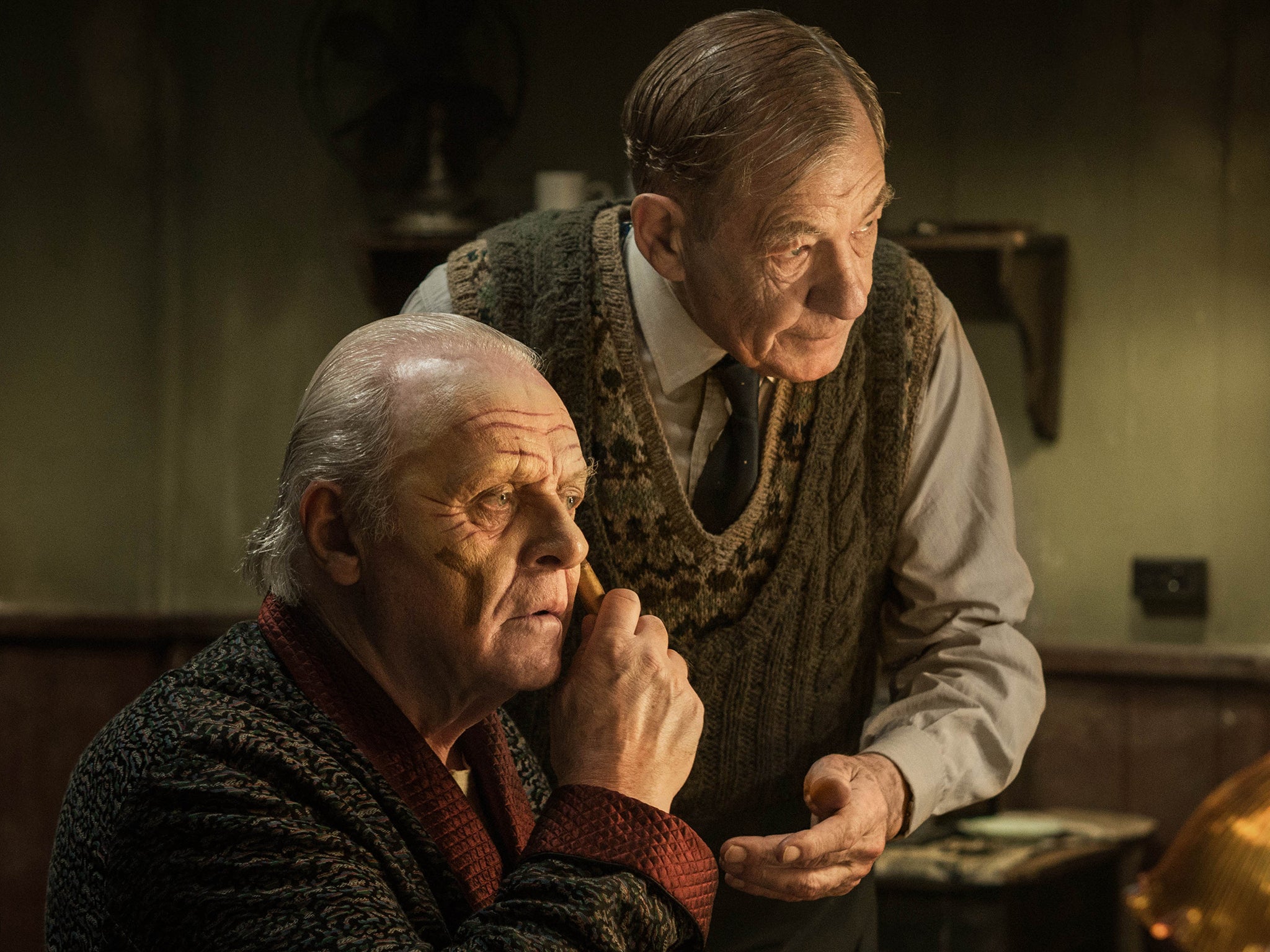Your support helps us to tell the story
From reproductive rights to climate change to Big Tech, The Independent is on the ground when the story is developing. Whether it's investigating the financials of Elon Musk's pro-Trump PAC or producing our latest documentary, 'The A Word', which shines a light on the American women fighting for reproductive rights, we know how important it is to parse out the facts from the messaging.
At such a critical moment in US history, we need reporters on the ground. Your donation allows us to keep sending journalists to speak to both sides of the story.
The Independent is trusted by Americans across the entire political spectrum. And unlike many other quality news outlets, we choose not to lock Americans out of our reporting and analysis with paywalls. We believe quality journalism should be available to everyone, paid for by those who can afford it.
Your support makes all the difference.There was so much hype around the BBC’s adaptation of Ronald Harwood’s 1980 stage play The Dresser I feared fatigue before I even sat down to it. To summarise: Harwood was quoted as saying he was “happy-ish” about the remake, this was perceived by some as a criticism and a media storm ensued. He later set the record straight (he’s “proud”) and the furore died down.
And it’s a good job too, because a piece of television this brilliant was more than deserving of our full attention.
Previously made into a 1983 film starring Albert Finney, The Dresser tells the story of an ageing Shakespearian actor and his manservant as they prepare for a performance of King Lear during the Second World War.
The actor, identified only as Sir, was played by Sir Anthony Hopkins, who delivered an excellent – and terrifying – performance as a man who was losing his mind, his appeal, his health and his wife all at once. The feature-length programme was set entirely within a theatre and it was testament to the cast’s talent that they delivered so much within such limited confines.
Sir Ian McKellen appeared as Norman, the dresser – a sharp-tongued, effeminate, alcoholic who is devastated and delighted in equal measure by the demise of his charge. Sir Ian positively revelled in the role. His bitchy put-downs were delivered with spite, venom and a healthy dose of perfect timing.
His desperation to protect his master’s dignity was boundless as he lied, twisted and even physically threatened in a bid to disguise the man’s descent into madness. But his insecurities bubbled so close to the surface they had a habit of spilling out.
Sarah Lancashire was unrecognisable (in a good way) as the frumpy, downtrodden Madge – Sir’s long-term admirer from afar. And Emily Watson gave an incredible turn as the much-maligned wife who had sacrificed her own career for that of her self-involved, womanising, ungrateful actor husband.
Her speech, as she told him she’d had enough, was devastating. “Sick? Yes. So am I. Sick of cold railway trains, cold waiting rooms, sick of eating cold food late at night. I’m sick of packing and unpacking... I’m sick of the smell of rotting costumes... and most of all I’m sick of reading week after week that I’m barely adequate.”
This was a thoroughly depressing yet brilliant production. My only criticism is that it was so obviously a piece of theatre, adapting it felt like an unnecessary luxury. The actors, the setting, the script and the delivery all screamed of the stage. But this was one excess I was only too happy to indulge in.

Join our commenting forum
Join thought-provoking conversations, follow other Independent readers and see their replies
Comments